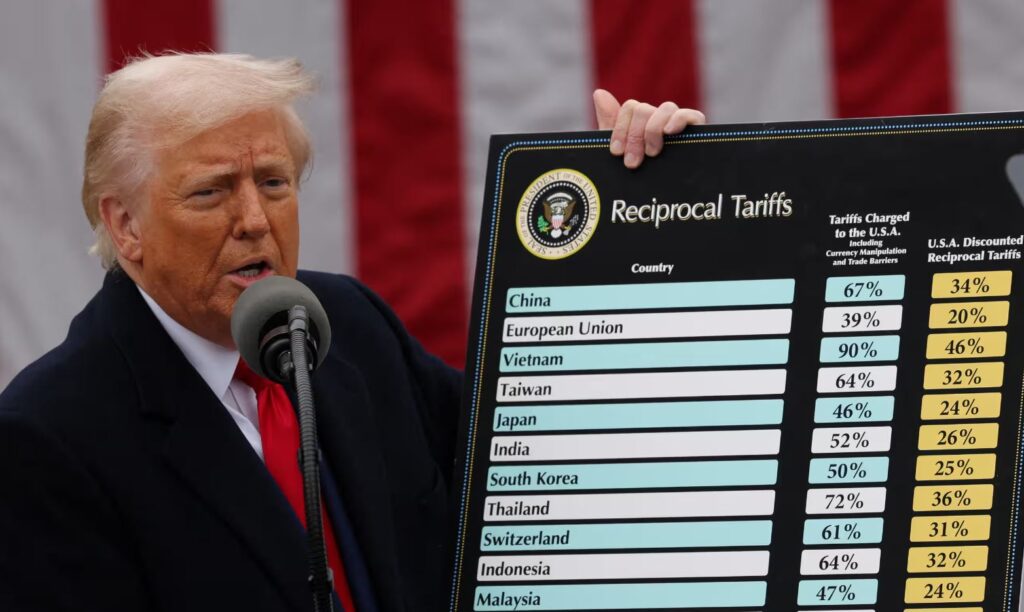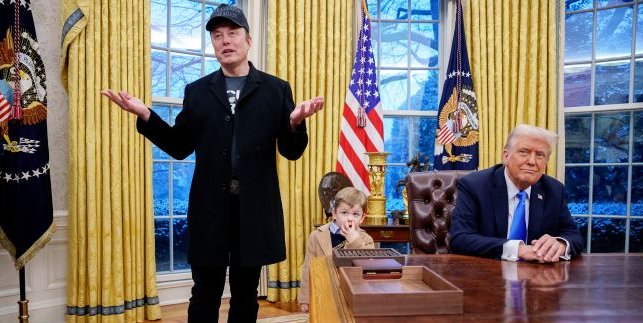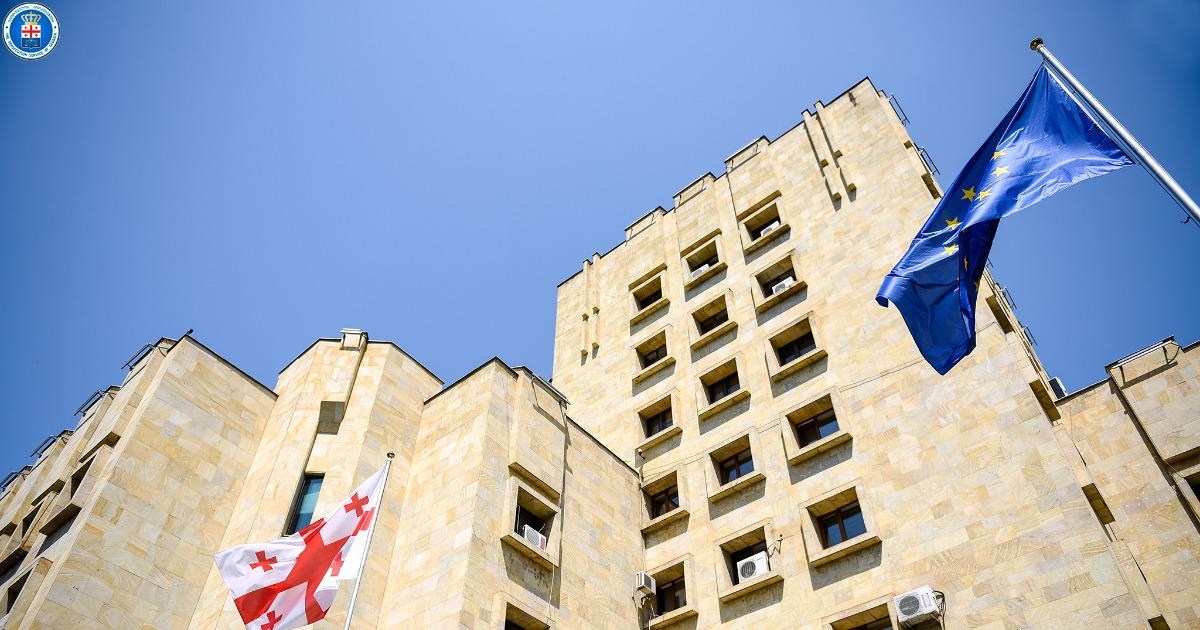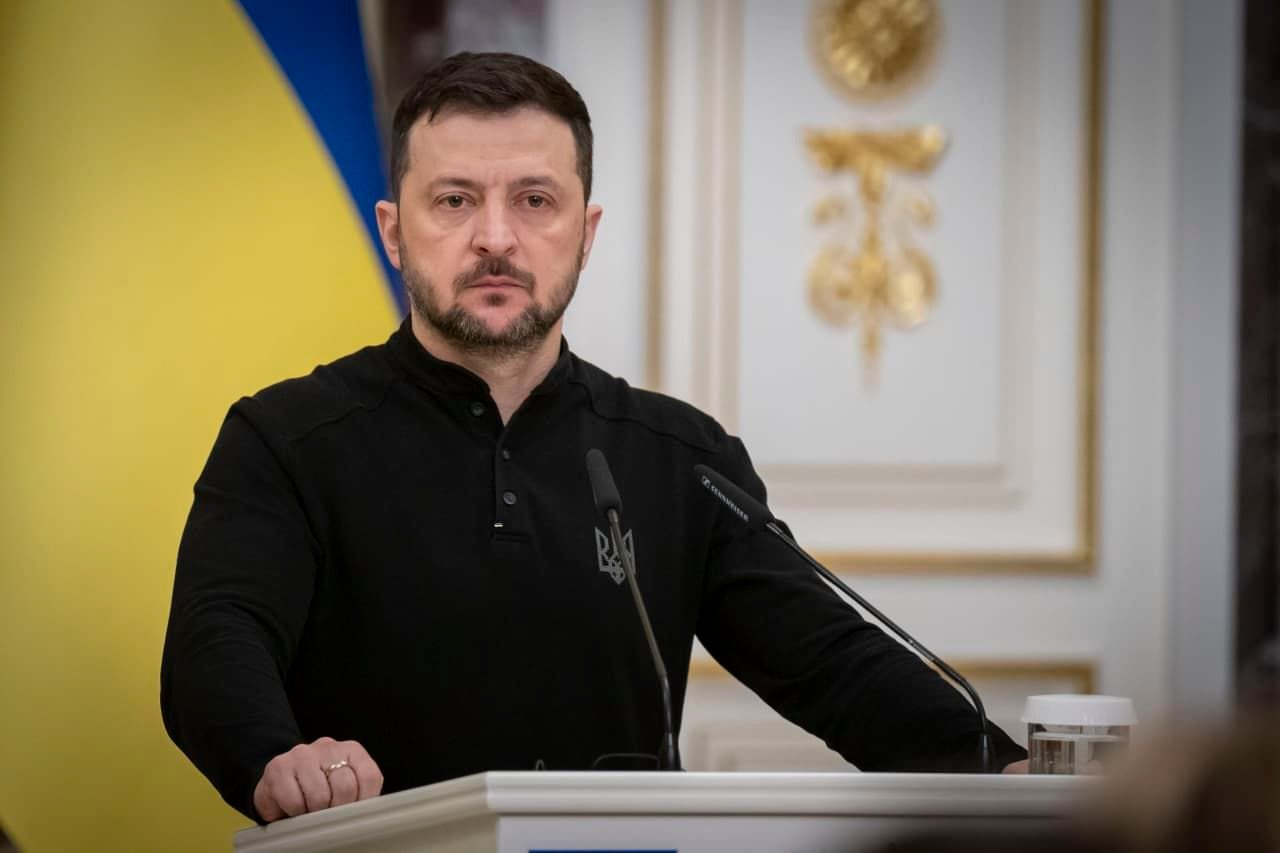Global backlash as President Trump imposes sweeping tariffs

Author
Front News Georgia
The decision by US President Donald Trump to impose tariffs on foreign imports has sparked strong reactions from world leaders, with several countries vowing to retaliate.
European Commission President Ursula von der Leyen criticised the move as a “serious blow to the global economy” and warned of dire consequences for businesses and consumers. “The price of products, medicines, and transport will increase, and the rise in inflation will hit vulnerable people the hardest,” she said.
Von der Leyen noted that trade between the US and Europe has created millions of jobs, while consumers have benefited from lower prices. However, she acknowledged flaws in the global trading system and agreed with President Trump that certain nations have exploited existing trade rules. Despite this, she called for a shift from confrontation to negotiation, stating that the EU remained open to dialogue while preparing countermeasures, including tariffs on steel imports.
President Trump’s tariffs, which include a 25% duty on imported steel and aluminium since March, have been extended to additional products from the European Union, taxed at 20%.
Canadian Prime Minister Mark Carney said the move would “fundamentally change the international trading system” and confirmed that Canada would respond with retaliatory tariffs.
Australian Prime Minister Anthony Albanese called the tariffs “illogical” and “unfriendly,” arguing that they contradict the partnership between the two nations. Despite facing a 10% tariff on its exports to the US, Australia has ruled out retaliatory measures, with Albanese warning that American consumers would bear the ultimate cost.
Switzerland, which has been hit with a 31% tariff, is considering its own response. Swiss President Karin Keller-Sutter emphasised that the country remained committed to free trade and international law.
Meanwhile, China has strongly condemned the US measures, with the Ministry of Commerce pledging countermeasures. China, facing a 34% tariff, accused the Trump administration of protectionism that harms not only global trade but also American interests. “No one wins in a trade war,” the ministry said, urging the US to resolve disputes through dialogue.
Trump announced on Wednesday that tariffs would be imposed on multiple nations, with rates ranging from 10% to as high as 49%. The most severe tariffs have been placed on Vietnam, Laos, and Cambodia.
Speaking at a White House briefing, Trump defended the policy as a long-overdue measure to protect the US economy. “For more than 50 years, the US has been robbed. That ends today. This is Liberation Day – the Declaration of Independence for the American economy,” he claimed.
While the Trump administration argued that tariffs will strengthen US industry, economists warn that the measures could push the country into recession, leading to rising prices and job losses.





